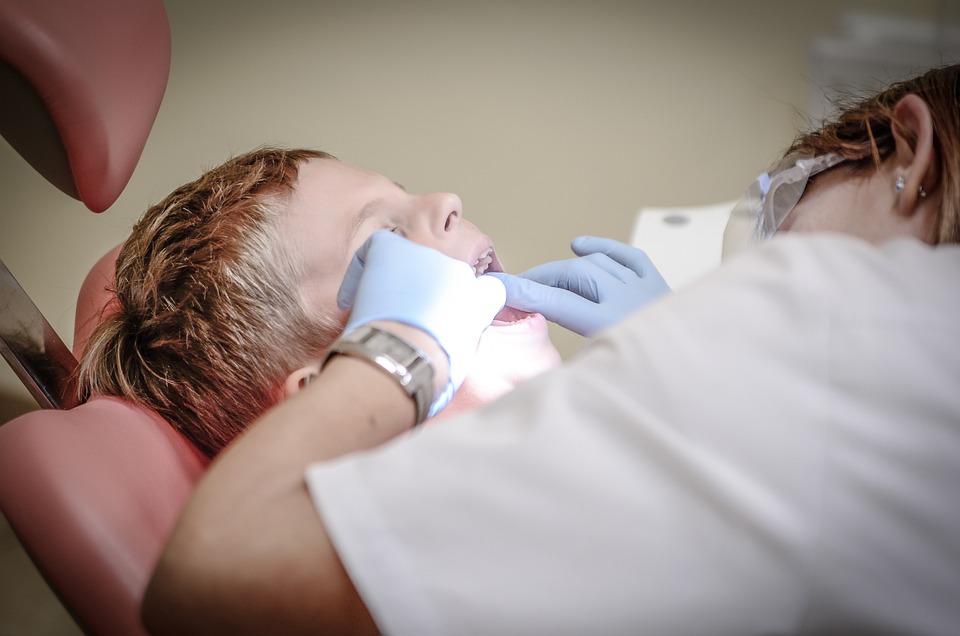Book Appointment Now

Evidence-Based Geriatric Nursing Protocols for Best Practice
Evidence-based geriatric nursing protocols for best practice are essential to ensuring that elderly patients receive the highest quality care tailored to their specific needs. As the global population ages, the demand for skilled geriatric nursing has never been greater. Older adults are often faced with multiple complex health issues, including chronic conditions, cognitive impairments, and functional decline. Implementing evidence-based protocols is crucial for improving outcomes and enhancing the quality of life for elderly patients. These protocols help standardize care, reduce variability in clinical practice, and guide nurses in providing care that is rooted in the latest research and best practices.
Get a custom paper help about Evidence-based geriatric nursing protocols
Order Custom Nursing Paper
The Importance of Evidence-Based Nursing in Geriatrics
The field of geriatric nursing is inherently complex, as elderly patients often have multiple coexisting health problems. Evidence-based nursing is vital in addressing these complexities by using the best available research to guide clinical decision-making. Studies have shown that when nurses implement evidence-based protocols, there is a significant improvement in patient outcomes, including reduced hospitalization rates, enhanced patient satisfaction, and better management of chronic diseases (Melnyk & Fineout-Overholt, 2019).
For example, falls are a leading cause of injury among older adults. Research has demonstrated that implementing fall prevention protocols—such as regular screening for fall risks, proper patient education, and the use of assistive devices—can significantly reduce the incidence of falls in elderly patients (Cameron et al., 2018). Evidence-based protocols ensure that these interventions are applied consistently, promoting the safety and well-being of older adults.
Key Evidence-Based Protocols in Geriatric Nursing
- Pain Management in Older Adults
Pain is a prevalent and often underreported issue in geriatric care. Many elderly patients suffer from chronic pain conditions such as arthritis, neuropathy, or cancer, which can significantly affect their quality of life. Evidence-based pain management protocols emphasize the need for comprehensive pain assessments and individualized treatment plans. Research has shown that a multimodal approach, combining pharmacologic treatments with physical therapy and complementary therapies (such as cognitive-behavioral therapy), is most effective in managing pain in older adults (Ferrell et al., 2019). - Management of Cognitive Impairment
Cognitive decline, including conditions like dementia and Alzheimer’s disease, is a significant concern in geriatric nursing. Evidence-based protocols recommend regular cognitive screenings and individualized care plans for patients showing signs of cognitive impairment. These protocols include environmental modifications, pharmacological interventions, and caregiver support strategies that are rooted in the latest research on dementia care (Norden & Margallo, 2020). Nurses are trained to identify early signs of cognitive changes, communicate effectively with patients, and collaborate with interdisciplinary teams to ensure that elderly patients receive holistic and compassionate care. - Managing Chronic Conditions
Chronic conditions such as diabetes, hypertension, and heart disease are prevalent among older adults. Evidence-based protocols guide nurses in providing proactive care for managing these conditions, focusing on prevention, regular monitoring, and patient education. For instance, studies show that self-management programs for chronic conditions, such as diabetes, improve patient outcomes by empowering patients to take an active role in their care (Heisler et al., 2019). Protocols also emphasize the importance of monitoring for complications, adjusting treatments as necessary, and providing ongoing support for disease management. - Falls Prevention and Safety Protocols
Falls remain one of the most common causes of morbidity and mortality in older adults. Evidence-based falls prevention protocols include regular screening for fall risks, physical therapy to improve strength and balance, and environmental modifications (such as removing hazards and improving lighting). These interventions have been shown to reduce the risk of falls and prevent associated injuries (Cameron et al., 2018). Nurses are also trained to educate patients and their families about the importance of maintaining mobility, using assistive devices, and making lifestyle changes to improve balance and coordination.
Barriers to Implementing Evidence-Based Protocols in Geriatric Nursing
While the implementation of evidence-based protocols is essential, several barriers exist that can hinder their widespread adoption in geriatric care settings. One challenge is the lack of access to current research and training in evidence-based practices. Nurses may be unaware of the latest research or may not have the time to integrate new findings into their practice. Furthermore, the heterogeneity of the geriatric population—each with unique needs and comorbidities—can make it difficult to apply standardized protocols across all patients (Brown et al., 2018).
Additionally, institutional barriers such as staffing shortages, lack of resources, and organizational culture can limit the successful implementation of evidence-based protocols. Addressing these challenges requires ongoing education, institutional support, and collaboration among healthcare teams to ensure that evidence-based protocols are effectively integrated into everyday practice.
The Role of Nurses in Advancing Evidence-Based Geriatric Care
Nurses play a critical role in advancing evidence-based geriatric nursing protocols for best practice. They serve as the primary point of contact for elderly patients, providing direct care and coordinating with other healthcare professionals to ensure comprehensive treatment plans. Nurses are responsible for assessing patient needs, identifying potential issues, and advocating for appropriate interventions based on the best available evidence.
Moreover, nurses contribute to the development and refinement of evidence-based protocols by participating in research and clinical practice committees. By staying informed about the latest research, nurses can contribute to the continuous improvement of care for elderly patients, ensuring that protocols evolve in line with new findings and patient needs.
Conclusion
Evidence-based geriatric nursing protocols for best practice are essential to improving the quality of care for older adults. These protocols provide a framework for managing the complex health issues commonly faced by elderly patients, including chronic conditions, cognitive impairments, pain, and falls. By implementing evidence-based interventions, nurses can improve patient outcomes, enhance the quality of life for elderly patients, and ensure that care is delivered in a compassionate, consistent, and effective manner. However, overcoming barriers to implementation, such as lack of access to research and resources, remains a challenge. With continued education, institutional support, and commitment to research-driven practice, nurses can ensure that geriatric care remains patient-centered, high-quality, and evidence-based.
References
Brown, R. L., et al. (2018). Barriers to implementing evidence-based practices in geriatric nursing. Journal of Gerontological Nursing, 44(4), 25-32.
Cameron, I. D., et al. (2018). Preventing falls in older adults: A review of evidence-based strategies. Journal of the American Geriatrics Society, 66(4), 771-781.
Ferrell, B., et al. (2019). Multimodal pain management for older adults: Evidence-based approaches. Journal of Pain and Symptom Management, 58(1), 1-7.
Heisler, M., et al. (2019). Self-management support for patients with chronic conditions: Evidence from the geriatric population. Journal of the American Geriatrics Society, 67(12), 2401-2409.
Melnyk, B. M., & Fineout-Overholt, E. (2019). Evidence-Based Practice in Nursing and Healthcare: A Guide to Best Practice (4th ed.). Wolters Kluwer Health.
Norden, D. M., & Margallo, L. B. (2020). Caring for patients with dementia: Evidence-based nursing strategies. Journal of Gerontological Nursing, 46(1), 12-19.







